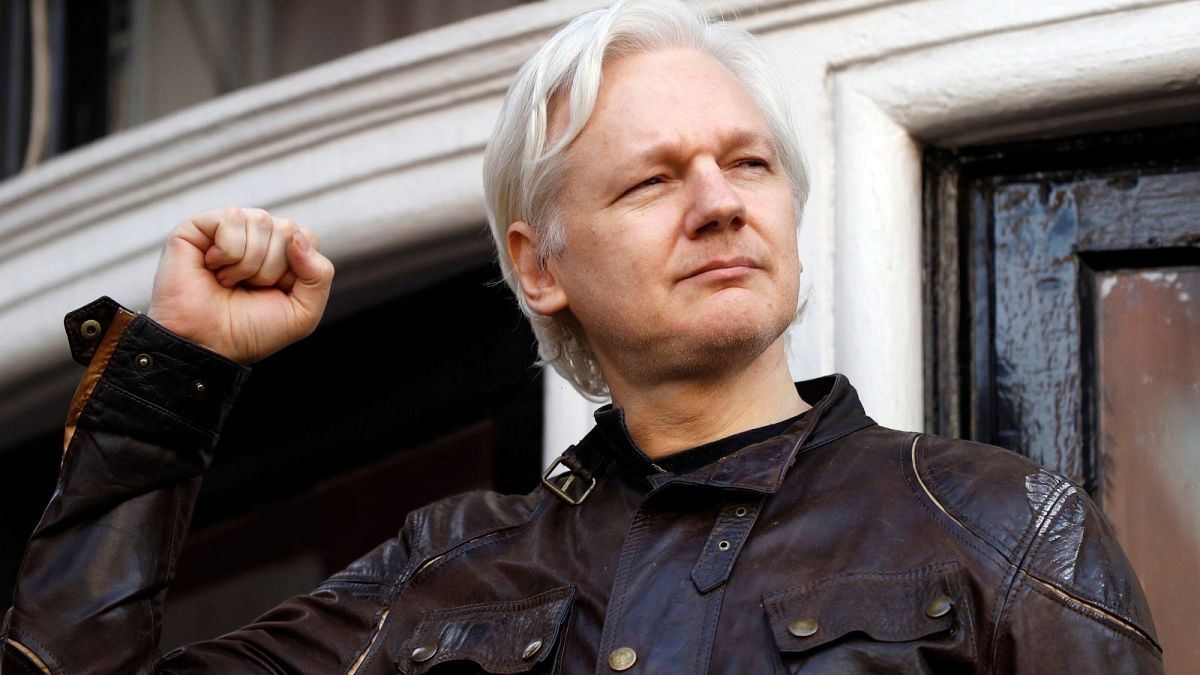The WikiLeaks founder, who’s been indicted on 18 charges in the US, could face extradition should the London court rules against him.
WikiLeaks founder Julian Assange is facing what could be his final court hearing in the UK to avoid being extradited to the US on spy charges.
The High Court in London will hear two days of arguments starting on Tuesday over whether the 52-year-old – who’s been fighting extradition for more than a decade – could block his transfer to the US.
The Australian journalist has been imprisoned in HM Prison Belmarsh since April 2019, after having spent years in self-exile in the Ecuadorian Embassy in the British capital.
Assange has been indicted on 18 charges over the publication of hundreds of thousands of classified documents in 2010 on Wikileaks, which exposed US military wrongdoing in Iraq and Afghanistan.
Among the charges, there are 17 counts of espionage and one charge of computer misuse.
His extradition has already been blocked once in 2021 by a judge in London because the Australian journalist was likely to kill himself if held in a US prison.
Assange’s lawyers are expected to ask the High Court judges to grant a new appeal hearing for their client.
If the two judges – Victoria Sharp and Jeremy Johnson – rule against the journalist, he can then appeal to the European Court of Human Rights to block his extradition.
His supporters fear he might be extradited to the US before he can appeal to the European court, and have promised two days of protests in front of the High Court in London.
“This hearing marks the beginning of the end of the extradition case, as any grounds rejected by these judges cannot be further appealed in the UK – bringing Assange dangerously close to extradition,” the press freedom group Reporters Without Borders said.
The Australian parliament called for the journalist to be returned to his home country last week.
“Regardless of where people stand, this thing cannot just go on and on and on indefinitely,” Prime Minister Anthony Albanese said.


